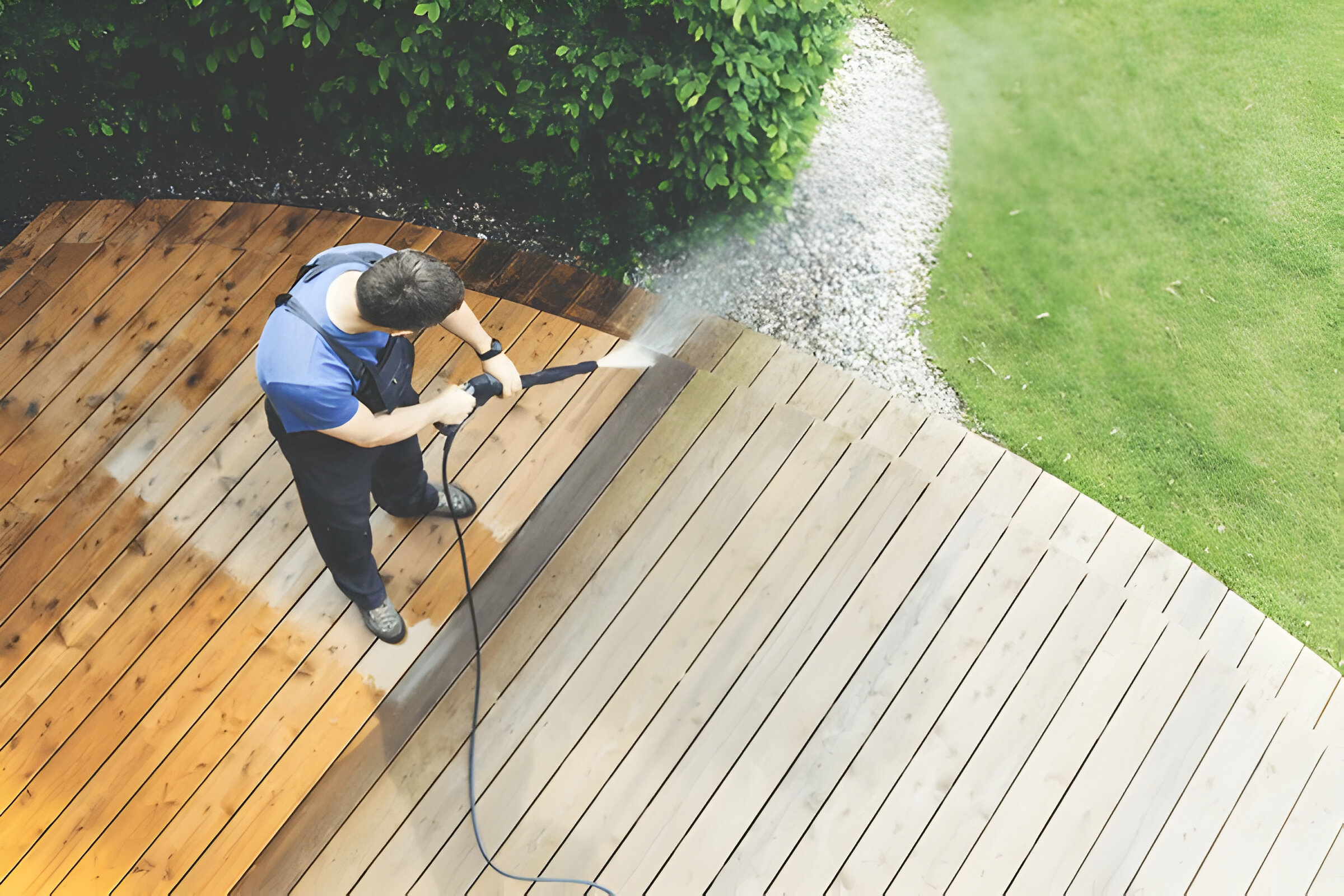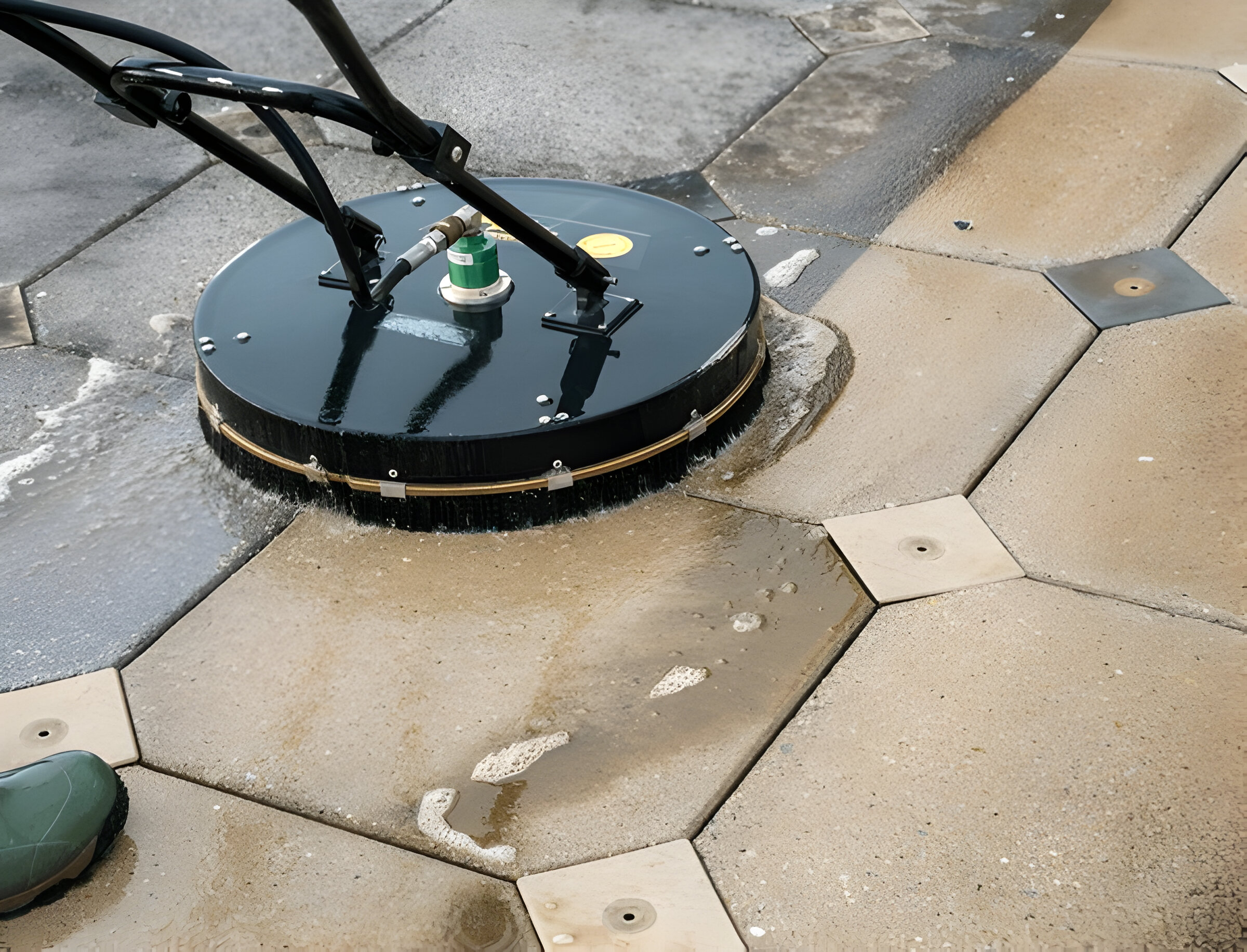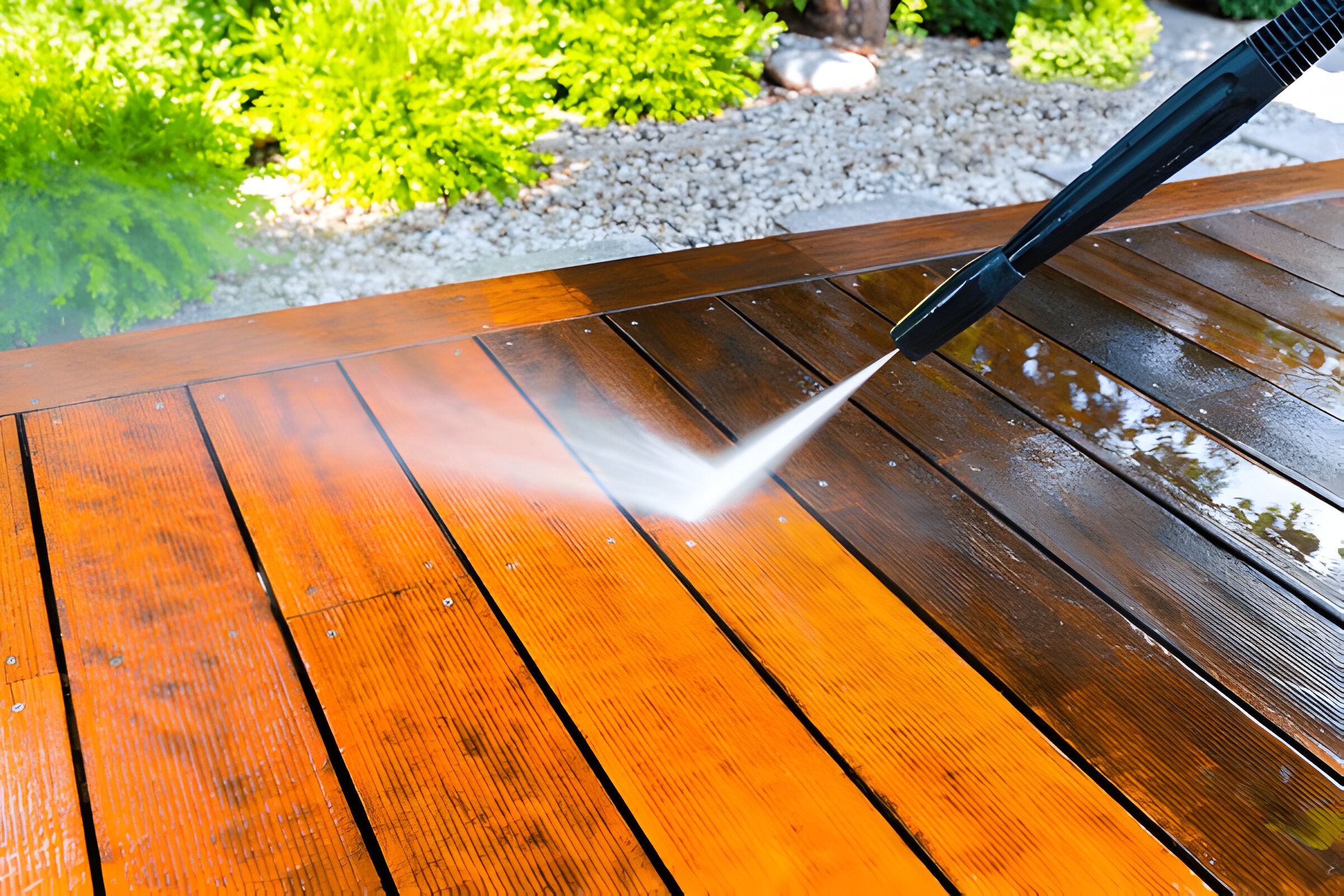List of Essential Pressure Wash Tools for Starting a Business
Safety Precautions for Pressure Washing Business

Table of Contents
TogglePressure Wash: List of Essential Pressure Wash Tools for Starting a Business
To start a pressure washing business, you’ll need the right tools to ensure efficiency and safety. Here are some of the essential tools:
| Tool | Description | Average Price (USD) |
|---|---|---|
| Pressure Washer | High-pressure water sprayer for cleaning surfaces. | $300 – $1,500 |
| Surface Cleaner Attachment | Attaches to a pressure washer for cleaning flat surfaces like driveways and patios. | $100 – $500 |
| Turbo Nozzle | Provides a powerful rotating jet for stubborn stains. | $30 – $100 |
| Detergent Injector Kit | Allows cleaning agents to be mixed with water for more effective cleaning. | $50 – $150 |
| Hose Reels | Keeps your high-pressure hoses organized and prevents tangles. | $50 – $200 |
| Water Broom | A tool that attaches to the pressure washer for cleaning wide surfaces quickly. | $50 – $150 |
| Extension Wand | Extends the reach of your pressure washer for high areas like gutters and roofs. | $50 – $200 |
| Protective Gear (Goggles, Gloves) | Essential for safety to protect against debris and chemicals. | $30 – $80 |
| Chemical Cleaners | Specialized detergents for various surfaces like concrete, wood, and metal. | $20 – $100 per gallon |
| Water Tank | If you need a mobile solution, a large water tank can be mounted on a truck or trailer. | $100 – $500 |
| Trailer Setup | A trailer to carry equipment if you offer mobile pressure washing. | $1,000 – $3,000 |
How To Do Start Business As A Pressure Washer

Safety Precautions for Pressure Washing Business
Safety is crucial when running a pressure washing business. Here are some key precautions to follow:
- Wear Protective Gear: Always wear goggles, gloves, and non-slip boots to protect from high-pressure water and cleaning chemicals.
- Check Equipment Regularly: Inspect pressure washers, hoses, and nozzles before each use to ensure they’re in good condition.
- Proper Water Pressure Use: Use appropriate pressure levels for different surfaces to avoid damaging property or causing injuries.
- Be Aware of Electrical Hazards: Avoid using the pressure washer near electrical outlets, cords, or wiring.
- Use Eco-Friendly Chemicals: Choose biodegradable and environmentally safe detergents when pressure washing.
- Handle Chemicals with Care: Follow all safety guidelines for the storage and use of cleaning chemicals.
- Mark Wet Areas: Use signs or cones to alert people that surfaces may be slippery after cleaning.
- Avoid Ladders: Use extension wands instead of ladders to reach high areas, as the force of the water can cause instability.
- First Aid Kit: Always have a first aid kit readily available in case of accidents.
Licenses and Permits for Pressure Washing Business
To start a pressure washing business, you will likely need the following licenses and permits, depending on your location:
- Business License: Required in most regions to legally operate your business.
- General Liability Insurance: Protects your business from claims of property damage or personal injury caused by your pressure washing services.
- Water Runoff Permit: Some cities require special permits to manage wastewater disposal and prevent pollution.
- Environmental Permit: Necessary if you’ll be using chemical detergents or operating near bodies of water.
- Pressure Washing Certification: While not mandatory everywhere, obtaining a certification can boost your credibility and ensure you are trained in proper techniques and safety measures.
- Sales Tax Permit: Required if you sell additional products or charge for services where tax applies.
- Worker’s Compensation Insurance: Mandatory if you hire employees to cover injuries or accidents on the job.
 Starting as Self-Employed
Starting as Self-Employed
If you’re starting as a self-employed pressure washer, ensure you have:
- Sole Proprietor Registration (or LLC, Corporation depending on your business structure)
- Liability insurance to cover any potential damages or accidents
- Local business permit based on your city or county requirements